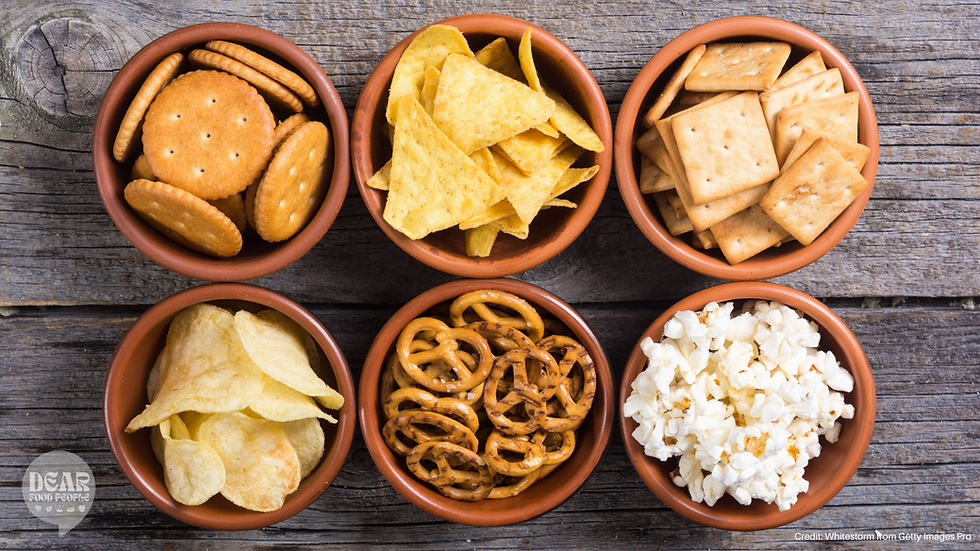High-Protein Diets
- Rayki Goh, MSc

- Aug 20, 2025
- 3 min read

Dear food people,
Proper nutrition is the foundation of a sustainable lifestyle and the key to lasting good health. As both a science and an art, mastering nutrition allows you to achieve natural weight loss with minimal effort.
In this series of articles, we explore vital health and nutrition facts that are commonly overlooked in modern times, offering practical insights to help you effortlessly improve your well-being. Our goal is to help you understand how nutrition works and how to incorporate simple health hacks for a better lifestyle.
As the old saying goes, you are what you eat.
Now, let’s get to it~
HIGH-PROTEIN DIETS
When discussing high-protein diets, it's important to understand the science behind how the body processes different macronutrients. Protein is essential for muscle repair, immune function, and overall health, but consuming it in excess can have unintended consequences.
The body can only use a certain amount of protein at a time. When you consume more protein than needed for immediate physiological functions, the surplus is processed differently. The excess protein is broken down in the liver, where it can be converted into glucose or fatty acids. This means that, despite the high-protein diet's intention to build muscle or support weight loss, excess protein can still contribute to increased fat storage if not balanced properly.
For instance, if you eat a large steak or multiple servings of protein-rich foods without adjusting the rest of your diet, you might end up consuming more calories than your body requires. This excess calorie intake can lead to fat accumulation over time, even if the protein itself is not directly converted into fat.
A practical approach to managing your protein intake is to balance it with carbohydrates and fats. Carbohydrates provide energy for daily activities and help in protein metabolism, while fats support hormone production and cellular function. For example, a meal that includes a serving of grilled chicken, a portion of quinoa, and some avocado provides a balanced nutrient profile. The quinoa offers carbohydrates for energy, and the avocado provides healthy fats, which together can help prevent the potential drawbacks of an overly protein-centric diet.
Understanding the role of protein in your diet reveals that it's essential for health, but balance is critical. Consuming protein in moderation, along with the right amount of carbohydrates and fats, ensures you maximise the benefits of your diet without the risk of consuming too many calories and gaining fat.
So, when you plan your meals, remember that it's not just about the protein content but also about achieving a balanced intake to support overall well-being.
3 Simple Health Hacks for a Better Lifestyle:
Balance Your Macros: Instead of focusing solely on protein, ensure your meals are well-rounded with a mix of carbohydrates and healthy fats. This helps your body effectively utilise the protein you consume, supporting muscle repair and overall health without leading to excess fat storage.
Portion Control: Be mindful of your portion sizes, particularly with high-protein foods. Eating more protein than your body can use doesn't offer additional benefits and can contribute to unwanted calorie surplus. Aim for balanced portions that align with your activity level and nutritional needs.
Include Variety in Your Diet: Incorporate a wide range of nutrient-dense foods, such as vegetables, whole grains, and healthy fats, alongside your protein sources. This variety ensures you're getting essential vitamins and minerals, supporting a more balanced and sustainable diet.
The information provided in our articles is for educational and entertainment purposes only. It is not intended as a substitute for professional medical advice, diagnosis, or treatment. Always seek the advice of your physician or another qualified healthcare provider with any questions you may have regarding a medical condition. The content on our website, including articles, is not meant to endorse or promote any specific medical treatments, products, or procedures. The information provided is based on general knowledge and research at the time of writing. Medical practices and knowledge are constantly evolving, and what may have been accurate at the time of publication may not be current or applicable today.



